Growing Together: The Joy of Community Gardening in Australia
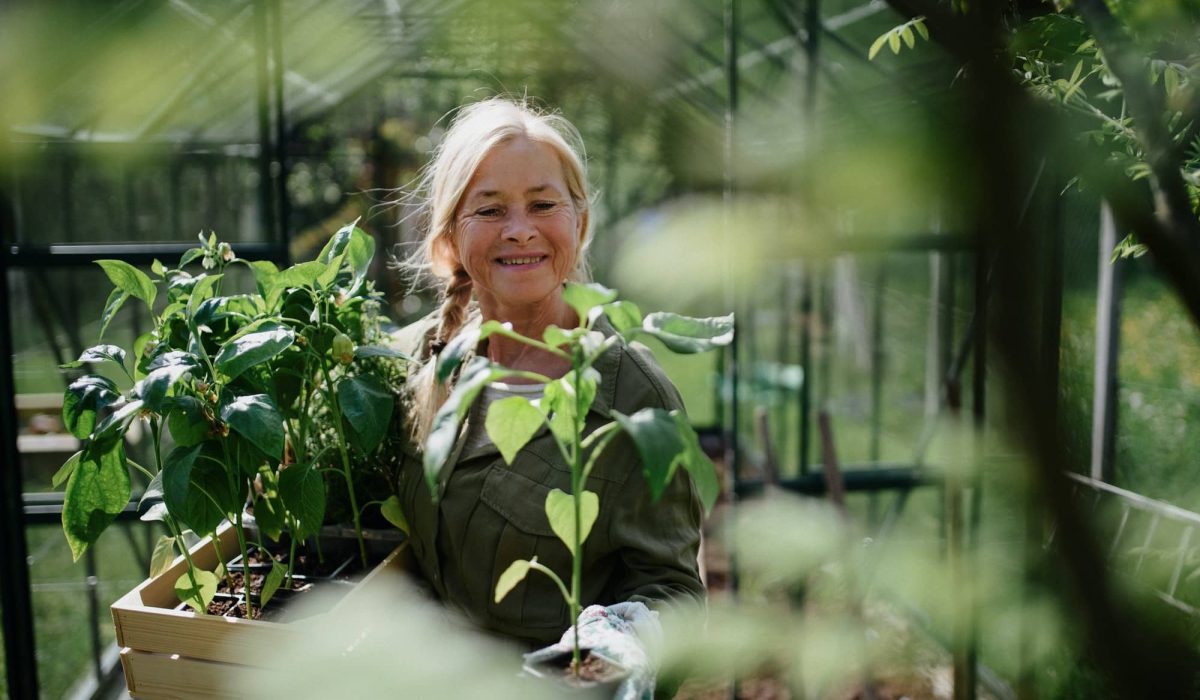
Retirement can offer a new season of growth, not only personally but also in the garden bed. Community gardening in Australia has seen a surge of interest as more retirees discover the pleasures and rewards of cultivating plants and connections in shared green spaces. This is more than just a trend; it has become a flourishing movement where experience is valued, and knowledge is passed between the rows of vegetables and flowers. Whether you have a seasoned green thumb or are looking to plant your very first seedling, community gardens provide an inclusive atmosphere to learn, contribute, and enjoy the fruits of collective labour. They are pockets of biodiversity and camaraderie, inviting retirees to stay active, nurture the environment, and cultivate a sense of togetherness. Let’s explore what makes community gardening a bountiful experience for those embarking on their retirement journey in Australia.
CONTENT
The Roots of Community Gardening in Australia
Community gardening in Australia has a rich history deeply intertwined with the country’s culture of sustainability and community spirit. The movement has its roots in the early 20th century when it gained traction as a way to address food shortages during World War I and World War II. These “victory gardens” were essential for supplementing the nation’s food supply, and their success paved the way for the establishment of permanent community gardens. With the passage of time, community gardens evolved to become cherished spaces for sharing knowledge, fostering friendships, and promoting ecological consciousness. Today, these gardens continue to thrive in urban and suburban areas, offering retirees a chance to connect with the land and each other.
The ethos of community gardening remains deeply embedded in the Australian identity, reflecting a commitment to sustainability and community engagement. These gardens foster a sense of belonging and provide retirees with a platform to connect with like-minded individuals in their neighborhoods. The shared purpose of nurturing these gardens not only yields fresh produce but also serves as a catalyst for meaningful conversations and the exchange of gardening tips and tricks. The roots of community gardening in Australia run deep, and they continue to grow stronger as more retirees seek the rewards of active participation in their local green spaces.
Furthermore, community gardening initiatives have become a central focal point for intergenerational interactions, with many retirees taking an active role in passing down their gardening knowledge to younger generations. In doing so, they ensure that the traditions and wisdom of sustainable gardening practices are perpetuated, creating a legacy of environmental stewardship for the future. As retirees cultivate their plots and share their experiences with younger gardeners, they contribute to the vibrant tapestry of knowledge and community that defines Australian community gardening.
In summary, the roots of community gardening in Australia extend far beyond the soil, encompassing a rich tapestry of history, culture, and shared experiences. As retirees engage in these gardening practices, they not only cultivate the land but also nurture the bonds of community, sustainability, and cultural heritage. Embracing the roots of community gardening offers retirees a path to meaningful connection, purposeful activity, and a legacy of environmental responsibility.
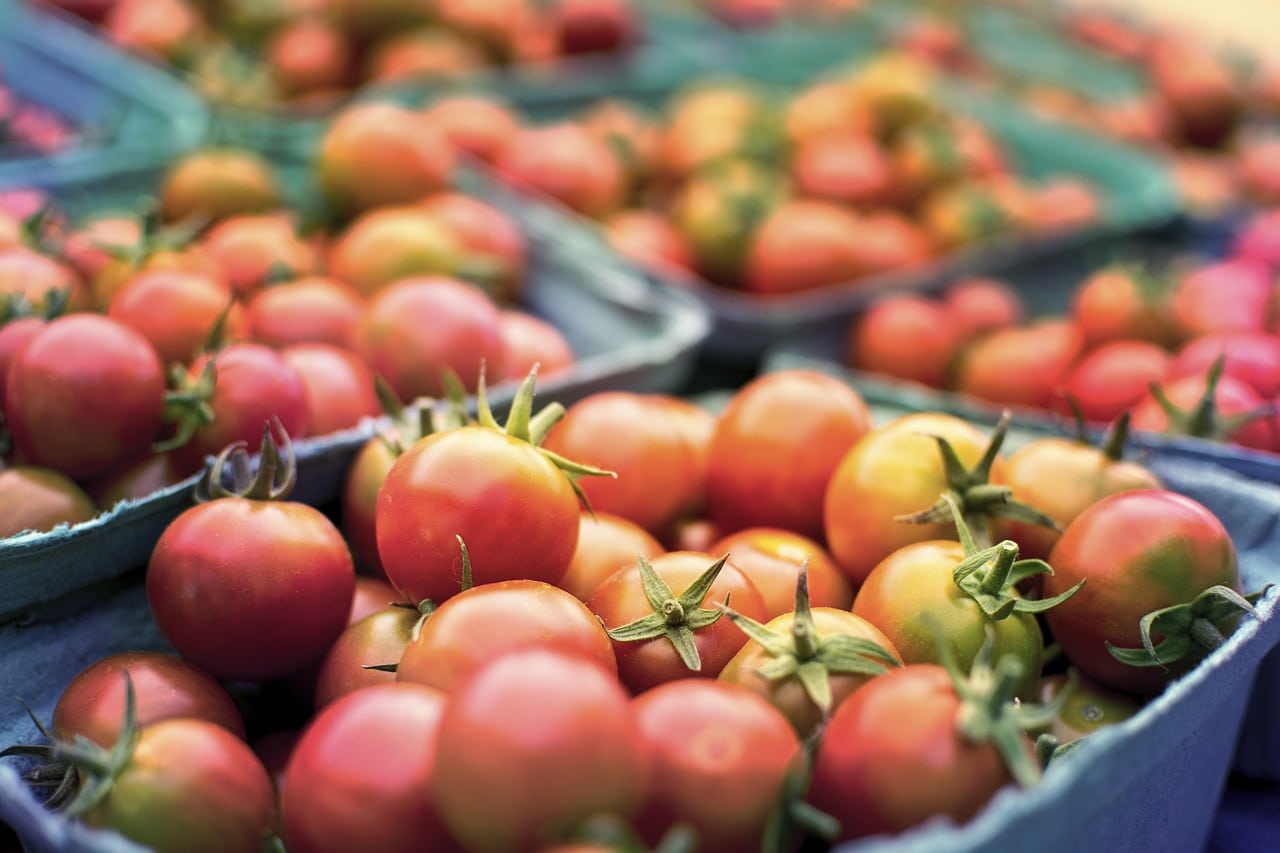
The Growing Appeal for Retirees
Community gardening in Australia continues to gain widespread appeal among retirees, offering an array of benefits that cater to their unique needs and interests. As individuals transition into retirement, there is often a desire to seek out meaningful activities that provide a sense of purpose, engagement, and social interaction. Community gardening, with its blend of physical activity, mental stimulation, and social connection, has emerged as a compelling pursuit for retirees looking to enrich their retirement years. The appeal of community gardening lies not only in the opportunity to cultivate beautiful gardens but also in the chance to forge new friendships, share knowledge, and contribute to a sustainable and eco-friendly lifestyle.
Retirees are drawn to community gardening for the sense of community and camaraderie it offers. Engaging in gardening activities alongside fellow retirees and other community members creates an environment where shared interests and experiences bring people together. The act of collectively tending to the garden beds provides a sense of purpose and belonging, fostering a supportive network of like-minded individuals. This environment enables retirees to stay socially connected, reducing the risk of isolation and fostering a sense of community spirit that enriches their retirement experience.
Moreover, the opportunity to partake in physical activity while enjoying the outdoors is particularly appealing to retirees. Community gardening provides a healthy and enjoyable way to stay active, incorporating light exercise, gentle movement, and exposure to nature. This engagement in physical activity can contribute to improved mobility, enhanced well-being, and a greater overall quality of life. The appeal of being able to tend to a garden plot and witness the fruits of one’s labor provides a fulfilling sense of achievement and satisfaction that resonates deeply with retirees seeking purpose and fulfillment in their retirement years.
The growing interest in community gardening among retirees also reflects an increasing awareness of the importance of sustainable living and environmental stewardship. Many retirees find the opportunity to cultivate and care for green spaces aligns with their desire to contribute to a more eco-conscious, sustainable lifestyle. By actively participating in community gardening initiatives, retirees can make a positive impact on the environment while enjoying the personal rewards of a greener, more sustainable way of life.
Sowing the Seeds of Social Inclusion
Community gardening in Australia serves as an avenue for sowing the seeds of social inclusion, creating an environment where retirees from diverse backgrounds and experiences come together in a spirit of unity and connection. This shared endeavor transcends cultural, social, and economic differences, offering a space where individuals can engage in meaningful activities, share knowledge, and build lasting relationships. The act of working as a collective to cultivate the earth fosters a sense of inclusivity and mutual respect, providing retirees with the opportunity to connect with others and contribute to a shared purpose.
Furthermore, community gardens serve as platforms for overcoming social isolation and fostering a sense of belonging among retirees. By participating in gardening activities with fellow community members, retirees have the chance to form meaningful connections, build friendships, and enjoy the camaraderie that comes with shared experiences. The inclusive nature of community gardening encourages retirees to engage in conversations, exchange gardening tips, and learn from one another, creating an environment where every person’s contribution is valued and appreciated.
In addition to fostering social connections, community gardening provides a pathway for retirees to engage with their local communities and contribute to the well-being of the neighborhoods where they reside. By participating in communal gardening initiatives, retirees become active contributors to the beautification and sustainable development of their local areas, reinforcing their sense of belonging and connectedness. These shared green spaces become hubs for community engagement, offering retirees a platform to work collaboratively with other community members, promoting social cohesion and a deeper sense of community spirit.
The act of sowing the seeds of social inclusion through community gardening extends beyond the boundaries of the garden itself, inspiring a ripple effect that enhances the social fabric of the broader community. By creating environments that welcome diversity and foster meaningful interactions, community gardens serve as beacons of inclusivity, promoting the values of mutual understanding, respect, and harmony. As retirees engage in these activities, they contribute to a more inclusive, interconnected society, enriching their retirement years with the immeasurable rewards of social inclusion and belonging.
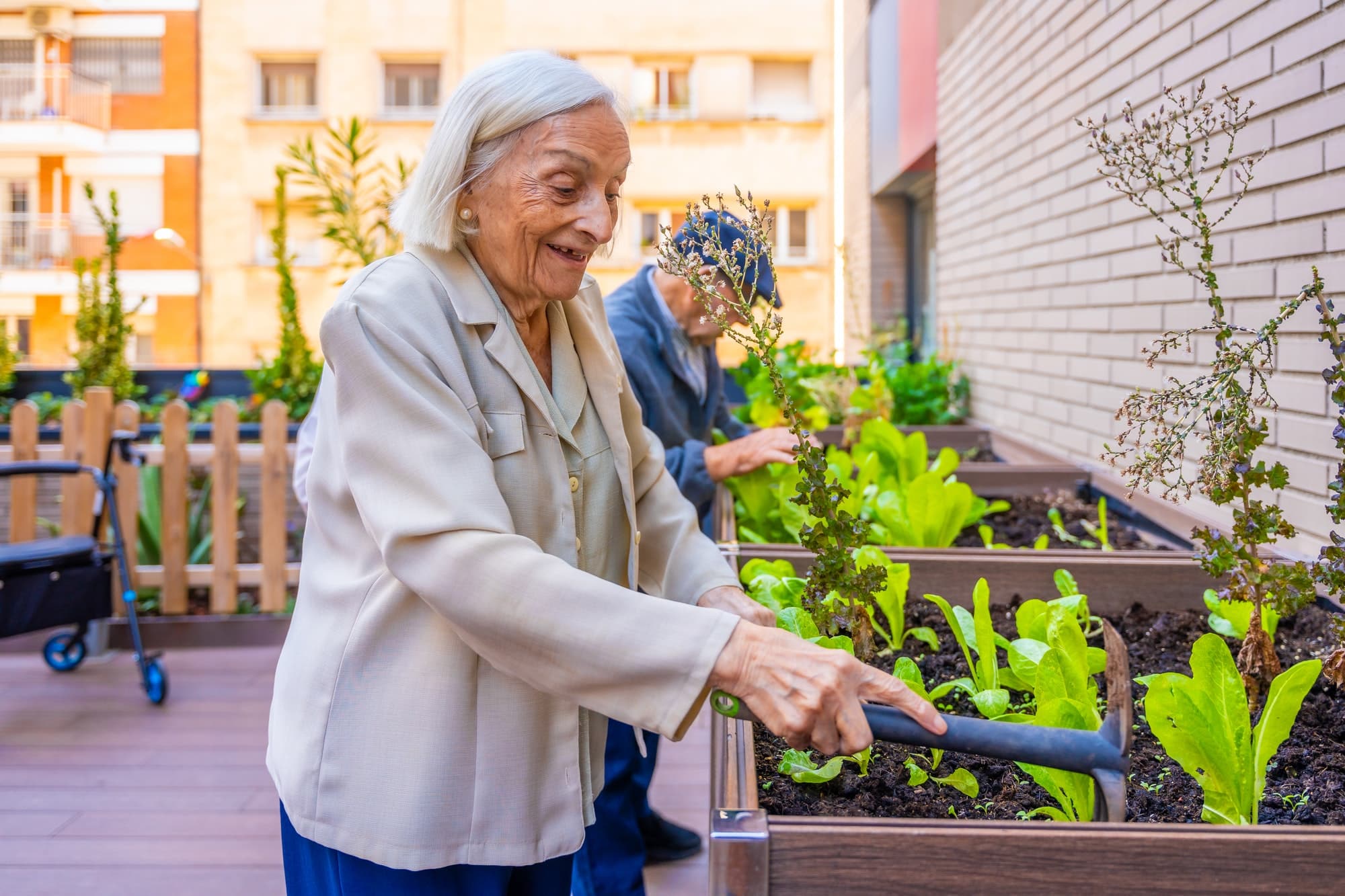
Harvesting Health Benefits in the Golden Years
As retirees embrace the joys of community gardening in Australia, they unlock a wealth of health benefits that promote physical well-being, mental agility, and emotional resilience in their golden years. Engaging in gardening activities provides an opportunity for physical movement, stretching, and light exercise, contributing to improved mobility and overall physical health. Tending to garden plots, lifting small tools, and performing gardening tasks offer a gentle form of exercise that can help retirees maintain flexibility, strength, and balance, enhancing their overall physical well-being and reducing the risk of age-related health concerns.
Mentally stimulating and emotionally rewarding, community gardening activities provide retirees with a sense of purpose and accomplishment. Engaging in the planning, planting, and nurturing of a garden plot stimulates cognitive functions, promotes mental agility, and fosters a sense of creativity and accomplishment. The act of caring for plants, observing their growth, and problem-solving throughout the gardening process cultivates a sense of mental engagement and fulfillment, contributing to the overall cognitive well-being of retirees.
In addition to the physical and mental health benefits, the act of spending time outdoors in a natural environment offers emotional and psychological advantages for retirees. Gardening in community spaces provides opportunities for relaxation, stress reduction, and connection with nature. The calming and therapeutic effects of being in green surroundings, feeling the sun’s warmth, and enjoying the sights and sounds of the natural world create a sense of tranquility and emotional well-being. Retirees find solace and comfort in the garden, experiencing a greater sense of peace, contentment, and emotional resilience as they engage in gardening activities.
Moreover, the health benefits of community gardening extend beyond the individual, positively impacting the broader community and promoting a culture of well-being and vitality. As retirees stay active and engaged in gardening pursuits, they contribute to the creation of vibrant, green spaces that benefit the health and well-being of their local communities. The act of collectively tending to community gardens creates environments that promote healthy living, ecological sustainability, and a vibrant, interconnected community, fostering a legacy of health and vitality for future generations.
Cultivating Knowledge and Skills Together
Community gardening in Australia provides retirees with a nurturing environment to cultivate their knowledge, share their expertise, and learn new skills alongside fellow gardening enthusiasts. The act of engaging in communal gardening initiatives offers retirees the opportunity to draw upon their experience, wisdom, and passion for gardening, contributing to a rich tapestry of horticultural knowledge and skills. Seasoned gardeners can share their insights, gardening tips, and time-tested practices with others, fostering a culture of continuous learning, mentorship, and skill development within the community gardening space.
As retirees come together to cultivate and tend to garden plots, they engage in a collaborative exchange of gardening knowledge and skills, creating an environment where each person’s unique experiences and expertise are valued and appreciated. Whether it’s mastering the art of pruning, learning about companion planting, or experimenting with new gardening techniques, community gardening provides a platform for retirees to expand their horizons, develop new skills, and gain a deeper understanding of sustainable gardening practices. This shared pursuit of knowledge fosters a culture of curiosity and growth, encouraging retirees to explore new ideas, techniques, and approaches to gardening.
Furthermore, the intergenerational aspect of community gardening creates opportunities for retirees to share their gardening wisdom with younger generations, passing down time-honored practices and instilling a love for gardening in future cohorts. By imparting their knowledge and expertise to younger gardeners, retirees play a pivotal role in preserving the traditions and wisdom of sustainable gardening practices, ensuring that this collective knowledge continues to thrive and benefit future generations. In doing so, retirees contribute to the nurturing of a community where gardening skills are passed down, celebrated, and perpetuated, creating a legacy of horticultural knowledge.
The act of cultivating knowledge and skills in a communal gardening setting extends beyond the garden beds, creating an environment that promotes personal growth, meaningful connections, and a deeper sense of purpose for retirees. Embracing a culture of lifelong learning and skill development through community gardening enriches retirees’ retirement experiences, empowering them to stay engaged, curious, and committed to the pursuit of knowledge and skill development in a supportive, nurturing environment.
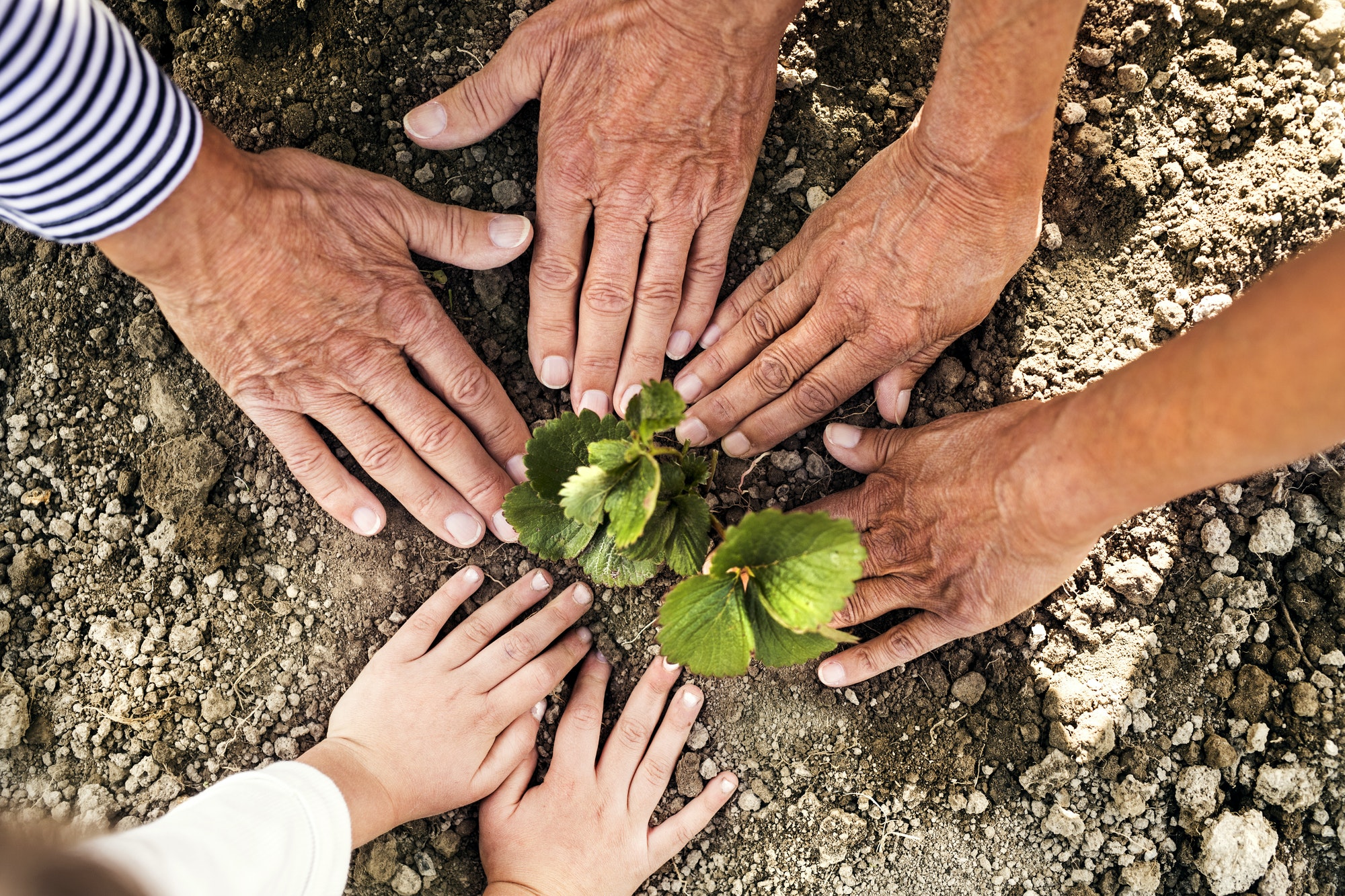
Eco-Friendly Endeavours for a Greener Tomorrow
Community gardening in Australia embodies a commitment to eco-friendly practices and sustainable living, offering retirees the opportunity to partake in meaningful endeavors that contribute to a greener, more environmentally conscious future. By engaging in communal gardening initiatives, retirees become active participants in the promotion of ecological sustainability, conservation, and environmental stewardship. Whether it’s composting organic waste, using natural fertilizers, or practicing water conservation, community gardens serve as hubs for sustainable living and eco-friendly practices that resonate deeply with retirees seeking to make a positive impact on the environment.
The act of cultivating and caring for garden plots in a sustainable, earth-friendly manner allows retirees to actively contribute to the preservation and enhancement of local biodiversity. Community gardens serve as vital green spaces that provide habitats for a diverse range of beneficial insects, birds, and native flora, creating pockets of biodiversity that support the broader ecosystem. By nurturing these green spaces and promoting the use of native plants, retirees play a crucial role in creating environments that sustain local wildlife, while also enhancing the natural beauty and ecological richness of their communities.
Furthermore, community gardening initiatives empower retirees to reduce their ecological footprint and make environmentally conscious choices in their daily lives. Through activities such as growing chemical-free produce, practicing integrated pest management, and promoting sustainable gardening techniques, retirees embrace a lifestyle that aligns with the principles of ecological sustainability and conservation. By championing these eco-friendly practices, retirees set an inspiring example for their communities, fostering a culture of environmental awareness, responsibility, and stewardship that contributes to a greener, more sustainable tomorrow.
The eco-friendly endeavors of community gardening extend beyond the garden itself, influencing broader community attitudes and fostering a collective commitment to sustainable living. As retirees lead by example and engage in sustainable gardening practices, they inspire others to adopt eco-friendly habits, promote environmental conservation, and embrace a greener, more environmentally conscious way of life. By actively participating in these eco-friendly endeavors, retirees fuel a movement towards a more sustainable and ecologically responsible future, leaving a lasting legacy of environmental stewardship for future generations.
Finding Your Plot in the Community Garden
In the tapestry of community gardening in Australia, finding your plot in a community garden offers retirees a canvas for personal expression, creativity, and self-discovery. The act of selecting and tending to a garden plot provides retirees with a sense of ownership, belonging, and the freedom to cultivate their slice of green paradise. Each garden plot becomes a reflection of its caretaker’s personality, preferences, and aspirations, serving as an outlet for creativity, self-expression, and the joy of nurturing living, growing things.
Moreover, finding your plot in a community garden creates opportunities for relaxation, contemplation, and the enjoyment of serene, natural surroundings. Retirees can immerse themselves in the therapeutic rhythm of gardening, finding solace and peace in the act of tending to their garden plot. Whether it’s the gentle rustle of leaves, the restful warmth of sun rays, or the fragrance of blooming flowers, the garden becomes a place where retirees can connect with nature, recharge their spirits, and find respite from the hustle and bustle of daily life.
Furthermore, the act of finding your plot in a community garden extends beyond the physical boundaries of the garden bed, creating a pathway for retirees to forge meaningful connections and cultivate friendships. As retirees immerse themselves in the gardening process, they become part of a community of like-minded individuals who share their love for the land, the joy of cultivation, and the excitement of witnessing growth. Tending to garden plots alongside fellow retirees fosters a sense of camaraderie, friendship, and a deeper connection with the broader community, enriching the retirement experience with the warmth and support of shared experiences.
Finally, finding your plot in a community garden offers retirees the opportunity to engage in activities that promote personal growth, skill development, and the pursuit of new interests. As retirees experiment with different plants, learn new gardening techniques, and share their experiences with other gardeners, they embark on a journey of exploration, discovery, and continuous learning. Engaging in the act of tending to garden plots creates an environment where retirees can develop their gardening skills, expand their horizons, and revel in the satisfaction of learning new things, fostering a sense of personal growth and fulfillment in their retirement years.

Seasonal Activities for Year-Round Engagement
Community gardening in Australia offers retirees a plethora of seasonal activities that provide year-round engagement, fostering a sense of purpose, joy, and connection with the natural world. As each season brings its own set of gardening tasks and opportunities, retirees find themselves immersed in a cycle of planting, nurturing, and harvesting that aligns with the rhythm of nature. The changing seasons invite retirees to engage in a variety of activities, from preparing soil in spring to protecting plants from frost in winter, creating a dynamic and evolving gardening experience that keeps them involved throughout the year.
In spring, retirees partake in the excitement of sowing seeds, planting seedlings, and preparing garden beds as the earth awakens from its winter slumber. As the days grow longer and temperatures rise, retirees engage in activities such as soil preparation, weeding, and watering, setting the stage for a season of growth and abundance. Springtime in the garden offers a sense of renewal and promise, inspiring retirees to embrace the joy of growth and rejuvenation as they engage in seasonal gardening activities.
In summer, retirees revel in the vibrant energy of the garden, tending to blooming flowers, nurturing fruiting plants, and monitoring the garden’s hydration needs. The warm, sunny days of summer offer an abundance of gardening tasks such as mulching, pruning, and harvesting, providing retirees with a season of active engagement and bountiful rewards. Engaging in activities that promote growth, health, and sustainability, retirees find fulfillment in the act of cultivating their garden plots during the peak of the growing season.
As autumn arrives, retirees embrace the season of transition, participating in activities such as harvesting, seed-saving, and preparing the garden for the onset of winter. The cooler temperatures and changing foliage create an atmosphere of reflection and preparation, as retirees engage in tasks that promote the sustainability, health, and vitality of their gardens. Autumn offers retirees the opportunity to partake in activities that celebrate the bountiful harvest, prepare the garden for the coming winter, and reflect on the year’s gardening achievements.
In winter, retirees engage in the season of rest and rejuvenation, participating in activities such as soil amending, winter crop cultivation, and garden planning for the upcoming spring. The quiet, contemplative days of winter provide retirees with a season of reflection, planning, and preparation, as they engage in activities that promote the health and vitality of the garden during its dormant phase. Winter gardening activities encourage retirees to maintain their engagement with the land and the natural world, fostering a sense of continuity and connection throughout the year.
Community Gardening Success Stories
In the thriving landscape of community gardening in Australia, the stories of retirees’ success in cultivating bountiful gardens and nurturing vibrant, inclusive communities stand as inspiring testaments to the power of shared purpose, connection, and environmental stewardship. Retirees across the country have woven tales of triumph as they cultivated not just green spaces, but also a sense of belonging, achievement, and community spirit. These success stories epitomize the transformative impact of community gardening, illustrating the joy, fulfillment, and sense of purpose that retirees derive from engaging in communal gardening initiatives.
One such success story involves a group of retirees who transformed an unused plot of land in their neighborhood into a flourishing community garden, cultivating a space where individuals from all walks of life could come together to share in the joys of gardening and social connection. This garden became a hub of activity, where retirees found common ground, developed friendships, and engaged in the pursuit of sustainable and eco-friendly living. The garden’s success was not only measured by its abundant yield of fresh produce but also by the sense of community, inclusion, and personal fulfillment that it fostered among retirees.
Another remarkable success story centers on a retiree who, after immersing herself in community gardening, discovered a newfound sense of purpose, passion, and connection with the natural world. Engaging in communal gardening activities enabled her to cultivate her plot, share her expertise with fellow retirees, and contribute to the creation of a vibrant, sustainable green space. As she nurtured her garden, she found a sense of joy, accomplishment, and rejuvenation that enriched her retirement experience, highlighting the transformative power of community gardening in fostering personal growth and fulfillment.
Furthermore, success stories abound with retirees who, through their engagement in community gardening, have championed the values of sustainability, environmental conservation, and holistic well-being. These retirees have not only cultivated thriving gardens but also served as stewards of sustainable living, advocating for eco-friendly practices, and fostering a culture of environmental awareness within their communities. Their success stories reflect a commitment to making a positive impact on the environment, promoting community well-being, and leaving a lasting legacy of environmental stewardship for future generations.
Finally, community gardening success stories resonate as celebrations of growth, resilience, and the transformative power of shared endeavors. As retirees engage in communal gardening, they discover the potential for personal achievement, innovation, and the nurturing of a vibrant, interconnected community. These success stories illuminate the profound impact of community gardening in enriching retirees’ lives, fostering a sense of purpose, and creating a legacy of environmental stewardship and inclusivity that extends far beyond the garden itself.
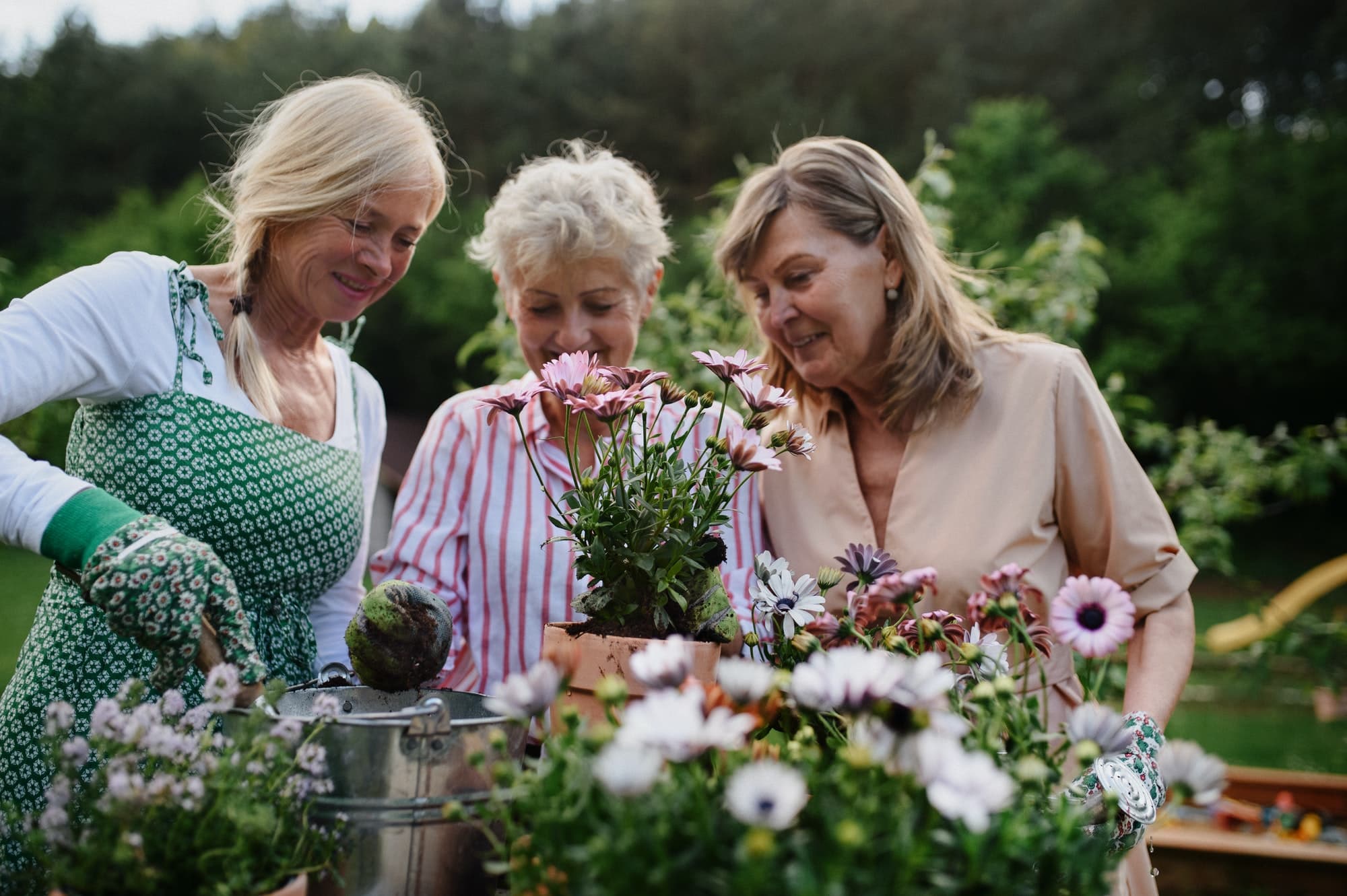
Fostering Growth Beyond the Garden
Beyond the boundaries of community gardening plots, retirees have discovered that the seeds of growth sown in communal green spaces extend far beyond the garden beds, fostering personal development, community engagement, and environmental advocacy. The act of engaging in communal gardening initiatives has provided retirees with opportunities to cultivate not only the land but also their personal growth, fostering a sense of purpose, fulfillment, and continuous learning. As they immerse themselves in these activities, retirees uncover a wealth of opportunities for growth, connection, and the development of skills that enrich their retirement experiences.
Furthermore, the nurturing environment of community gardens has become a platform for retirees to engage in activities that support personal well-being, skill development, and the pursuit of new interests. Whether it’s learning about sustainable gardening practices, developing horticultural skills, or engaging in the act of passing down gardening wisdom to younger generations, retirees find themselves on a journey of continual growth and enrichment. Embracing the ethos of lifelong learning and skill development, retirees cultivate a sense of curiosity, exploration, and personal fulfillment that transcends the garden itself, resonating deeply with their broader retirement experiences.
The communal spirit of community gardening has also led to the blossoming of engaged, interconnected communities, where retirees form meaningful connections, share experiences, and contribute to the well-being of the neighborhoods where they reside. By actively participating in communal gardening initiatives, retirees become valuable contributors to the creation of vibrant, green spaces that benefit the health, well-being, and community spirit of their local areas. The act of tending to garden plots alongside fellow retirees fosters a sense of camaraderie, connection, and a deeper relationship with the broader community, enriching the retirement experience with the warmth and support of shared experiences.
Moreover, the impact of community gardening extends to the broader community and the environment, as retirees champion sustainability, eco-friendly living, and environmental conservation. By participating in communal gardening initiatives, retirees become advocates for sustainable living, ecological conservation, and environmental stewardship, fostering a culture of environmental awareness and responsibility within their communities. These endeavors resonate as a testament to the transformative power of community gardening in fostering growth, resilience, and a legacy of environmental stewardship that extends far beyond the garden, creating a lasting impact on the broader community and future generations.
Conclusion
As retirees embrace the joys and rewards of community gardening in Australia, they find themselves woven into a tapestry of personal growth, community connection, and environmental stewardship. Each garden plot becomes a canvas for creativity, a source of personal fulfillment, and a platform for sharing knowledge and experiences. The act of engaging in communal gardening initiatives leads to the cultivation of vibrant, inclusive communities, where retirees form meaningful connections, foster friendships, and contribute to the well-being of the neighborhoods where they reside. Furthermore, retirees champion sustainability, eco-friendly living, and environmental conservation, leaving a lasting legacy of environmental stewardship for future generations.
The success stories of retirees who have embraced community gardening stand as inspiring testaments to the transformative power of shared purpose, connection, and environmental advocacy. From cultivating personal growth to fostering vibrant, interconnected communities, the impact of community gardening extends far beyond the garden beds, resonating as a testament to the profound benefits and enduring legacy of communal green spaces. As retirees immerse themselves in communal gardening initiatives, they find not just a hobby, but a meaningful pursuit that enriches their retirement years, fosters growth, resilience, and leaves a lasting imprint on the broader community and future generations.






